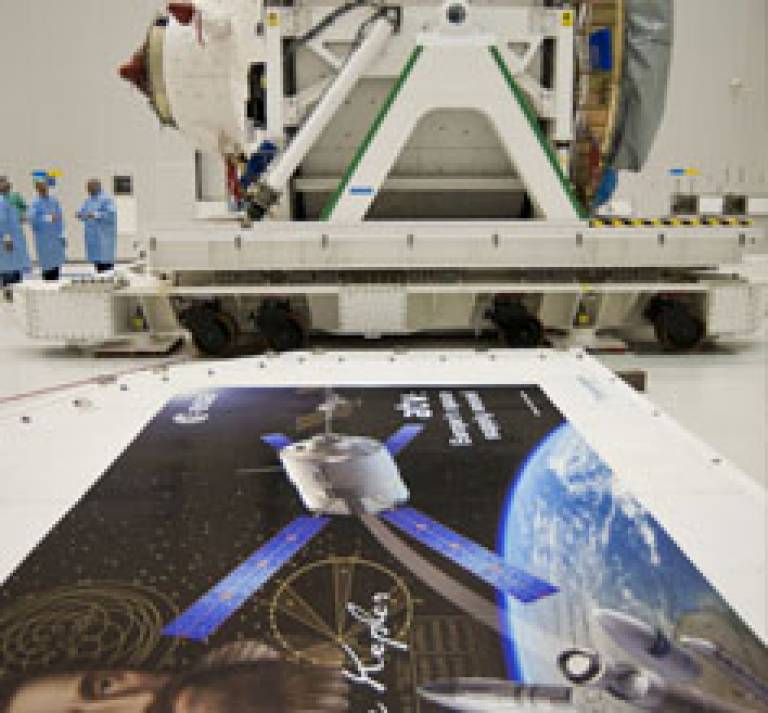EU membership and UK Science
12 May 2016, 12:00 am

Event Information
Open to
- All
12 May 2016
The science and research community in the UK is one of the strongest in
the world, even as it faces growing
international competition since the
1970s. During that time, the UK has also been engaged in European
integration. But is there a connection between EU membership and the performance of UK science and research?
|
When: Where: Followed by a wine reception |
The science and research community in the UK is one of the strongest in
the world - and has been since well before the industrial revolution.
Indeed, the UK has retained its global position in the face of growing
international competition, not least from the Asia Pacific, since the
1970s. During that time, the UK has also been engaged in European
integration.
But is there a connection between EU membership and the performance of UK science and research?
On 20 April 2016, the House of Lords Science and Technology Committee published a report
into the relationship between EU membership and the effectiveness of UK
science. This report has unearthed a wealth of evidence on the nature
and extent of UK-EU interactions in this sector, gathered from a
spectrum of well-informed witnesses. Particularly salient given the
approaching referendum on UK membership of the EU, it reinforces some
elements of conventional wisdom and challenges others.
At this meeting, part of the UCL European Institute's Britain & Europe series,
we shall hear contributions from experts in UK science and research to
discuss the report and the implications of its findings.
Speakers
- Professor Graeme Reid (UCL and Advisor to the House of Lords inquiry)
- Emran Mian (Social Market Foundation and witness to the House of Lords inquiry)
- David Walker (witness to the House of Lords inquiry and formerly at the Academy of Social Sciences)
- Professor Alex Halliday (Royal Society)
Chair: Jackie Hunter (CEO of Stratified Medical Ltd and former CEO of the Biotechnology and Biological Sciences Research Council)
About the Series
The electorate in Britain has become highly critical of the way the
European Union operates. Since David Cameron called a referendum on the
UK's continued membership of the EU following his renegotiation of the
UK's relationship with the Union, public opinion - and thus campaigning -
has hinged centrally on how the Union is judged to perform in certain
policy areas. Yet what are the concrete facts underlying our often
highly politicized perception of key policy areas? And what could a
reform of these entail in real terms? Since autumn 2014, the UCL
European Institute has hosted a series of policy panels with experts
from academia, politics, law, and the media to explore these questions.
It is also producing a set of accompanying resources and a blog -
www.britain-europe.com - in order to inform public debate on the future
relationship between Britain and Europe.
 Close
Close

